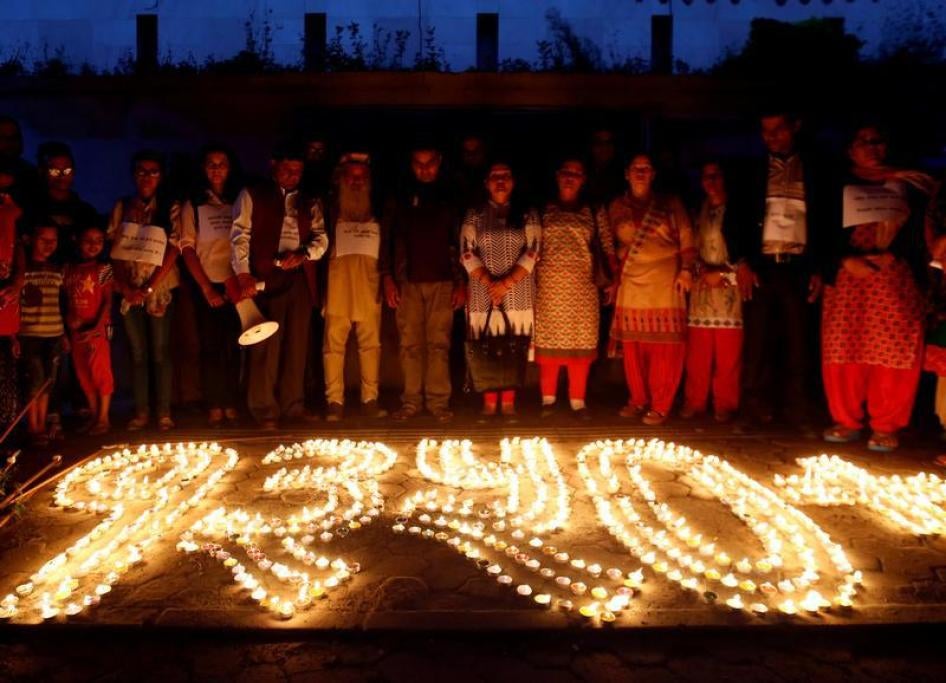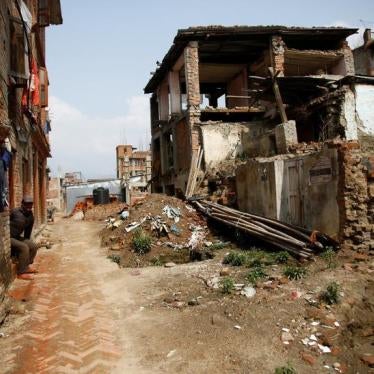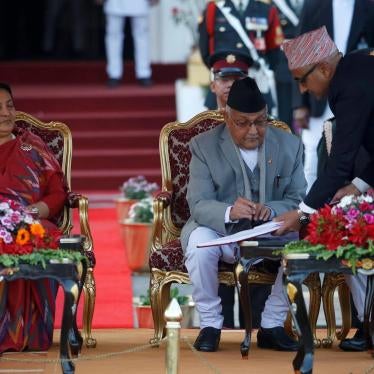Confronted with global crises in Myanmar, Syria, and elsewhere, many world leaders have forgotten Nepal’s decade-long civil war, which ended in 2006.
The need for justice in Nepal remains. But the international community today is absent on transitional justice issues in which so much was once invested, including the hopes of victims.
Nepal’s war between the insurgent Maoist forces and the government ended with a peace agreement, but only after over 13,000 people had been killed. During the war, as a direct result of reports of atrocities by both sides, the United Nations had stepped in, establishing a flagship office of the Office of the High Commissioner for Human Rights (OHCHR). The work of that office led to a report on conflict-related abuses.
This effort was followed up by a separate office, the UN Mission in Nepal (UNMIN), which was charged largely with monitoring the disarmament process and the peace agreement.
Although both offices shut down a few years after the truce, their work left a legacy which created the momentum for two means to push transitional justice forward: the Truth and Reconciliation Commission and the Commission on Investigation on Enforced Disappeared Persons. Both have struggled to do their work against shifting political alliances and poor funding, even as they received nearly 60,000 cases.
The Nepali people have recently elected a new government. But to usher in change, the government should address the underrepresentation of its marginalized communities in government – systemic discrimination that fueled the civil war.
The good news is, the new attorney general has finally promised to revise Nepal’s law on transitional justice to comply with international and domestic standards, according to directives issued by the Supreme Court. He said the law will also be changed to end amnesties for perpetrators of serious crimes, a flaw pointed out by the UN, and something the law currently allows.
If and when that change occurs, the international community should turn its attention back to Nepal so it can see to fruition the vast effort that went into justice and accountability. Nepal’s victims should not be forgotten, and victims’ families deserve justice and reparations.









